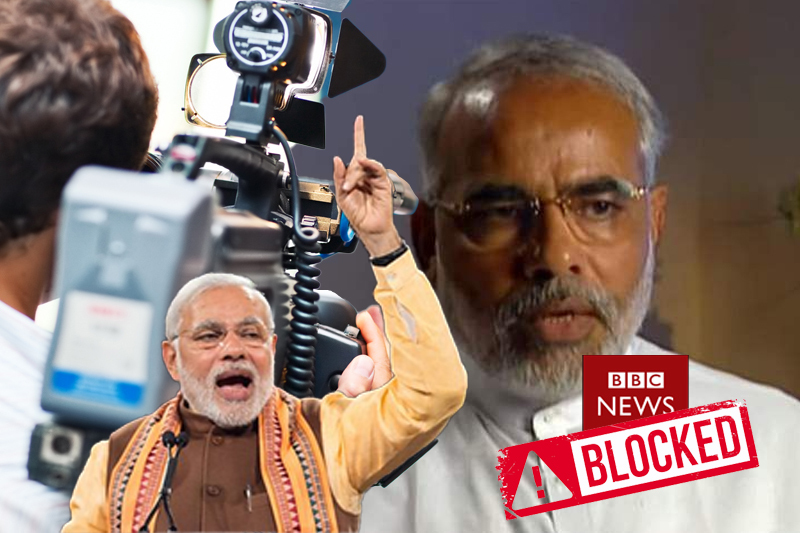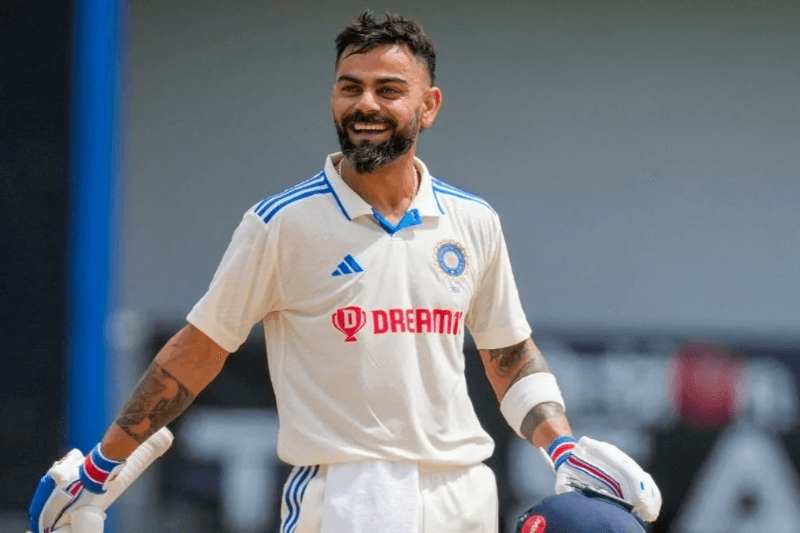
Did India use emergency powers to block a BBC documentary on Narendra Modi?
The Indian government has blocked the airing of a BBC documentary that questioned Prime Minister Narendra Modi’s leadership role during the 2002 Gujarat riots. Did India use emergency powers to block the documentary?
India invoked its emergency powers to direct YouTube and Twitter to remove the BBC documentary on Modi from airing in the country. Sharing links or clips of the documentary has also been barred in India.
The Indian government used these emergency powers under the Information Technology Rules of 2021. Under Rule 16, the Union government can block information in case of emergency to safeguard India’s sovereignty, security, and friendly relations with other countries.
Kanchan Gupta, an adviser to the government, also confirmed the news on Twitter.
Reportedly, BBC did not upload the documentary in India. However, some clips of the documentary were uploaded on YouTube channels and Twitter.
Keep Reading
Gupta said that the Indian government issued orders to Twitter to block more than 50 tweets related to the video of the BBC documentary. The government also instructed YouTube to block any videos linking to the documentary.
According to Gupta, YouTube and Twitter have complied with the directions from the Indian government.
The first episode of the BBC documentary titled India: The Modi Question was released on January 17. It questioned Modi’s leadership role during the 2002 Gujarat riots. The video alleged that Modi was “directly responsible for a climate of impunity” that led to the violence in Gujarat in 2002.
Modi was the Chief Minister of Gujarat in 2002. The communal riots between Hindus and Muslims left more than 1,000 people dead. The communal violence took place after a train carrying Hindu pilgrims caught fire that killed 59.
Gupta said, “The vile propaganda was found to be undermining the sovereignty and integrity of India.” Citing these reasons, the Indian Information and Broadcasting ministry invoke emergency powers.




